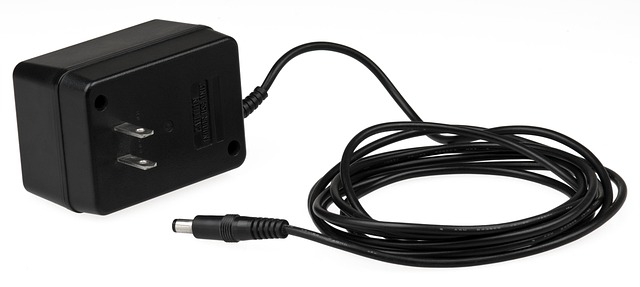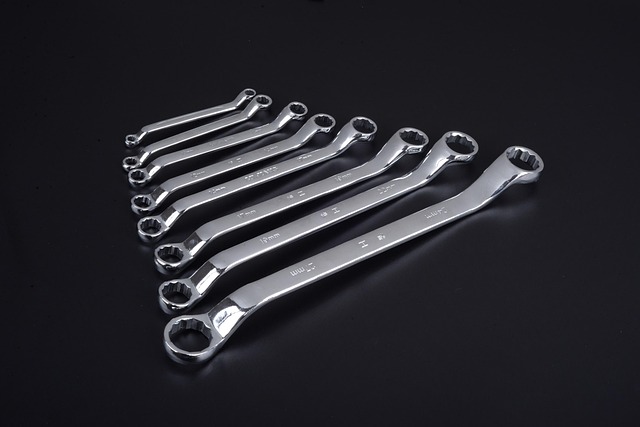Clinical trials offer a structured approach to testing new wart removal drugs under professional supervision, providing convenient appointments and cutting-edge treatments for patients seeking alternatives to traditional home remedies. These trials prioritize safety and efficacy, comparing novel topical treatments with existing methods, and offer flexible scheduling to accommodate demanding lifestyles. Individuals in various locations can participate, contributing to medical advancements while benefiting from quicker relief and more accessible wart removal solutions.
Discover the transformative power of clinical trials for new wart removal drugs. This comprehensive guide delves into the intricacies of understanding clinical trials, exploring cutting-edge treatment options with a focus on safety and efficacy. Learn how convenient wart removal appointments are reshaping patient experiences, offering hope for swift and effective solutions. From navigating trial participation to evaluating key considerations, this article is your roadmap to informed decisions about innovative wart care.
- Understanding Clinical Trials for Wart Removal
- The Role of New Drugs in Treatment Options
- Convenient Appointment Scheduling: A Patient's Perspective
- Safety and Efficacy: Key Considerations for New Medications
- Navigating Trial Participation: What to Expect
Understanding Clinical Trials for Wart Removal

Clinical trials play a pivotal role in advancing medical research and developing innovative treatments, including new drugs for wart removal. These trials are carefully designed studies that assess the safety and efficacy of experimental medications or procedures before they can be made widely available to the public. When it comes to convenient wart removal appointments, clinical trials offer a structured approach to finding effective solutions for stubborn warts.
Participants in these trials volunteer to test potential treatments, often ranging from topical creams to surgical procedures. By enrolling in a clinical trial, individuals contribute to scientific knowledge and may benefit from access to cutting-edge treatments that are not yet widely accessible. For those seeking alternatives to traditional home remedies for hard warts or considering private wart removal options like those offered in Rotherham or Preston, clinical trials provide an opportunity to explore promising new approaches under professional supervision.
The Role of New Drugs in Treatment Options

The introduction of new drugs into clinical trials represents a significant step forward in the treatment of warts, offering patients more options beyond traditional methods. These innovative treatments aim to provide convenient wart removal appointments, catering to those seeking swift and effective solutions for unsightly or painful warts. With advancements in dermatology, there’s now a focus on developing targeted therapies that can address specific types of warts, such as those found on the face, with precision and minimal side effects.
Compared to natural remedies for warts, which may require consistent application and a longer treatment duration, new drugs often offer quicker relief. For instance, a Liverpool wart clinic might trial novel topical treatments or immunotherapies that stimulate the body’s immune response against warts. These modern approaches could potentially revolutionize wart removal, making it more accessible and comfortable for patients, especially those who have tried conventional remedies without success.
Convenient Appointment Scheduling: A Patient's Perspective

For many patients dealing with persistent warts, the prospect of removing them can be a welcome relief. One aspect that significantly influences a patient’s decision to participate in clinical trials for new wart removal drugs is the convenience of appointment scheduling. Today’s patients lead busy lives, juggling work, family, and other commitments. This reality makes it crucial for clinical trials to offer flexible and accessible appointment options.
Imagine a scenario where patients can easily book appointments that fit their schedules, whether it’s during regular working hours or at more convenient times. Some trials even incorporate telemedicine options, enabling patients in locations like Wolverhampton or Woking to participate without the hassle of travelling. This accessibility not only encourages more people to consider clinical trials but also fosters patient satisfaction and adherence to treatment plans. After all, when it comes to wart removal techniques, convenience can be just as important as effectiveness.
Safety and Efficacy: Key Considerations for New Medications

When evaluating new medications for convenient wart removal appointments, safety and efficacy are paramount. Clinical trials play a crucial role in ensuring that potential treatments are both safe and effective for patients. During these trials, volunteers with warts are randomly assigned to receive either the new drug or a placebo (a dummy pill) to determine if the medication provides significant benefits over existing treatments.
Safety is assessed through monitoring side effects and adverse reactions, while efficacy measures how well the drug performs in treating warts. For instance, a Bristol wart clinic might conduct trials to compare the convenience and effectiveness of a new topical treatment against traditional methods like cryotherapy or surgical excision, offering patients in Liverpool and beyond more options for how to treat stubborn warts effectively.
Navigating Trial Participation: What to Expect

Navigating clinical trials for new wart removal drugs involves understanding what to expect during your participation. These trials are designed to test the safety and effectiveness of potential treatments, offering individuals a chance to contribute to medical advancements while seeking convenient wart removal solutions. During your appointment at a specialist clinic, such as those found in Gloucester, Essex (Chelmsford wart clinic), or Lancashire (Preston wart clinic), you’ll be provided with comprehensive information about the trial’s procedures, duration, and potential risks and benefits.
The process typically includes initial screening to ensure you meet the eligibility criteria, followed by regular check-ins where healthcare professionals will monitor your progress. At each stage, you can ask questions and voice any concerns. A convenient wart removal appointment in these settings often involves minimal discomfort and quick turnaround times, ensuring a positive experience while contributing to medical research that could benefit many others facing similar conditions.
Clinical trials play a pivotal role in advancing treatment options for warts, offering patients like you convenient wart removal appointments. These studies explore the safety and efficacy of new drugs, ensuring that each medication is thoroughly tested before becoming widely available. By participating in clinical trials, individuals not only contribute to medical research but also gain access to cutting-edge treatments, potentially revolutionizing wart removal methods. With careful consideration and guidance from healthcare professionals, navigating trial participation can be a straightforward process, leading to improved outcomes and a more comfortable experience for patients seeking effective wart removal solutions.
